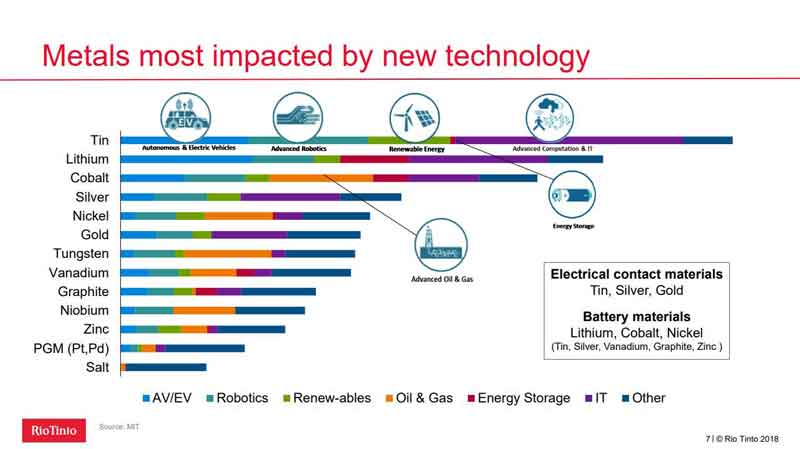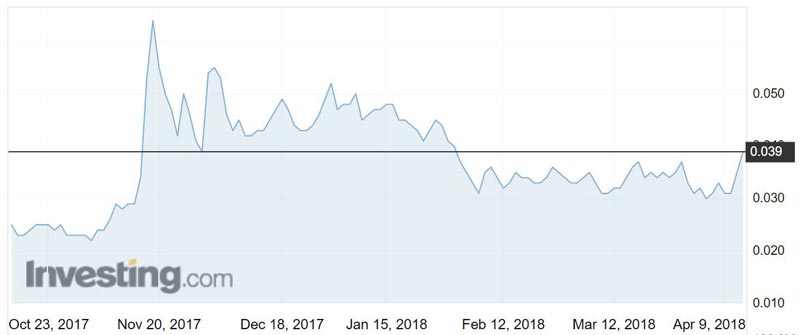You might be interested in
Mining
Venture Minerals’ Jupiter serves up some of the best rare earths to date with +2,000ppm drill hits
Mining
REE Survival Guide Part 4 – These Aussie projects aim to be ready to supply refineries... and soon
Mining
Mining
Venture Minerals has decided to revisit the development of its Mount Lindsay tin and tungsten project because of the high demand coming from the fast-growing electric vehicle (EV) market.
Investors liked the idea, pushing shares up 11.4 per cent to 3.9c by midday AEST.
Venture Minerals (ASX:VMS) has begun a detailed reassessment of the high grade tin and tungsten resource base at the Mount Lindsay project.
Tin was recently ranked as the number one metal most impacted by new technology demand, followed by lithium, cobalt, silver, nickel and gold.
Tin is used as an electrical contact material.

The technologies that are expected to impact tin demand include autonomous and electric vehicles, advanced robotics, renewable energy, and advanced computing and IT.
The tin price has jumped 60 per cent since January 2016 and is sitting around $US21,000 ($27,069) per tonne.
The tungsten price, meanwhile, is up 90 per cent since February 2016 at $US300 per tonne.
“Knowing that the Mount Lindsay project has a large tin resource that could be harnessed to meet applications in electrical vehicles and renewable energy has refocused the company to revisit its approach in developing this asset,” managing director Andrew Radonjic told investors.
“With Mount Lindsay, Venture is now well placed to take part in the EV revolution.”

The Mount Lindsay project hosts over 80,000 tonnes of tin metal and 3.2 million tonnes of tungsten trioxide.
Venture Minerals is looking at ways to optimise the higher grade portions and is assessing the underground mining potential of the project.
In late November last year, Venture Minerals announced it had quadrupled the size of its landholding along strike from Golden Mile Resources’ Quicksilver nickel-cobalt discovery in Western Australia.
The electric vehicle revolution is driving substantial interest in cobalt plays, and nickel has also been tipped to make a comeback.
Cobalt is used in making rechargeable batteries for electric cars and thermally resistant super alloys for industry and aircraft engines.